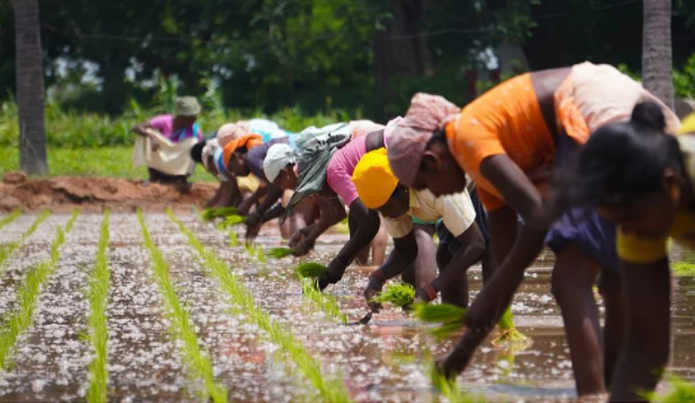Old wine in a new bottle? -A look at how the evolution of organic farming in India is harming farmers by ‘de-skilling’ them.

From our work at Professional Assistance for Development Action (PRADAN), working extensively on rural livelihoods, we know that small and marginal farmers across the country are quickly and increasingly becoming familiar with these terms. They refer to organic fertilisers, fungicides, and pesticides prepared from locally available materials. And extension workers, either from government agriculture departments or nonprofits, are visiting villages and training farmers on how to prepare and apply them on their farms.
This was not the case 20-30 years ago. Back then, many of these same extension workers were visiting villages and encouraging farmers to use chemicals and adopt processes that would increase their crop yield. Conventional knowledge then, was that relying on locally available materials and traditional knowledge for farming practices was not as scientific as what the green revolution had taught us.
Today, we’re seeing that the products and processes being prescribed to farmers are different from a few decades ago—they are not chemicals, but organic. However, ironically, the approach seems to be the same: Farmers are expected to follow what the external agencies are prescribing, rather than applying their own knowledge and skills. This is a growing problem within the organic farming space in India.

